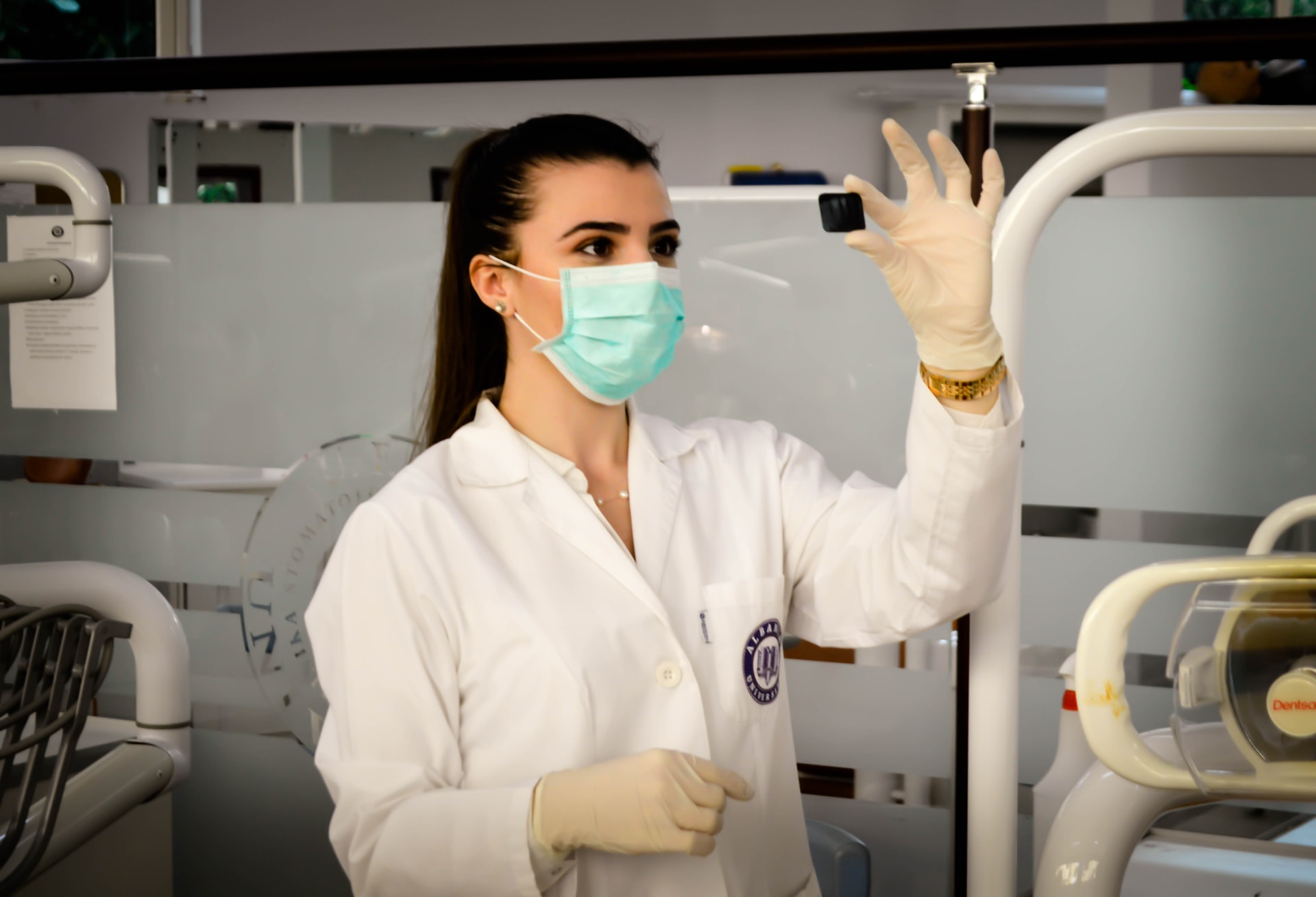The sci-fi genre has long captivated our society by introducing imaginative technologies the world has never seen. But the ideas that once captivated us due to their outlandishness — from flying cars to holograms — are now becoming intriguing possibilities.
As science advances in real life, the inventions proposed by sci-fi films, shows, and literature no longer feel as far-fetched as in the past. This is especially true in the healthcare field. While many bioengineering concepts were once seen as strictly science fiction, many of today’s technologies are already looking like the futuristic ideas of the past.
Let’s take a look at how bioengineering has presented itself in fiction, then explore how modern healthcare applications are increasingly reflecting these ideas.
Bioengineering in Science Fiction
Biomechanical technologies and bioengineering are popular concepts in a lot of science fiction media and have been for decades. Even as far back as the 1800s, when Mary Shelley’s “Frankenstein” was first released, sci-fi creators were already exploring the possibility of defibrillation, body modification, and other practices that are highly relevant to healthcare today.
When concepts from sci-fi become reality, writers have historically stepped up their concepts with even more imaginative ideas. For example, in more recent times, the TV series “The Book of Boba Fett” furthered the idea of body modification by featuring characters who replace body parts with machines.
Some of the most popular movies of the past five decades are sci-fi films with incredible bioengineering concepts. For example, “Star Wars: The Empire Strikes Back” featured mind-controlled prosthetics, while “The Fifth Element” featured body regeneration. “Gattaca” even challenged biometrics by introducing the concept of genetic registry and a future of widespread genetic selection.
Bioengineering in Reality: Simplifying Health Maintenance
Looking into reality within the healthcare field, advancements in modern bioengineering don’t look too different from the development of science fiction concepts. Technologies that help people maintain or regulate their health are becoming particularly common. For example, many consumers use wearable devices (like Fitbits) to track their activity, diet, and more, while many medical practices track patients’ oxygen levels, heart rate, and blood pressure remotely.
Though technology isn’t so advanced that people can instantly fix their health issues with a tap on a device, it’s safe to say that it can help us remain healthier and, therefore, extend our lifespans. As healthcare providers and patients are increasingly able to monitor their bodies, people can be empowered to get more proactive about their health. For example, it’s feasible for the future of healthcare to allow for hormone management. When people are able to detect low testosterone levels, which is associated with conditions like obesity and diabetes, it’ll be easier to prevent long-term damage.
Procedural Accuracy at an All-Time High
Advancements in bioengineering are helping healthcare providers guarantee greater accuracy — and therefore, more effective treatments — than ever before. While doctors are still essential for medical procedures, well-programmed technology is helping reduce the risk of human error.
Robots are a big part of the rising precision in healthcare. While sci-fi movies often feature robots as our dystopian enemies, reality is reflecting the more utopian depictions of robots in film. Surgical robots, for instance, are increasingly helping surgeons perform incredibly complex procedures without the risk of shaky hands. While surgical knowledge is still highly valuable and needed in the operating room — at least until these robots gain enough data to complete difficult surgeries themselves — surgeons simply need to act as navigators.
Similarly, augmented reality (AR) is making razor-sharp imaging and live video streaming possible for surgical cameras, which can improve physician skills training.
Instant Medical Feedback Now a Possibility
Pretty much every medical patient has experienced the long wait times required for lab results. Even a simple blood test often takes several days to complete. When you’re waiting for an important diagnosis, you might question if the fast-paced timelines of sci-fi movies are possible — and more than ever, the answer seems to be yes.
While the technology is still in development, many companies and researchers are building biomedical devices for healthcare providers that can help provide quick, efficient feedback and metrics regarding our bodies. For example, cancer detection, while still somewhat unreliable, can already occur within half an hour, while DNA sequencing allows for rare disease diagnoses with a seven-hour turnaround.
While reality may not be fully caught up with sci-fi yet, it’s already helping doctors provide more efficient care.
The Future of Healthcare Is Here
Often inspired by reality, sci-fi movies, film, and literature have always challenged what’s possible in the bioengineering field. But while the ideas proposed in science fiction once seemed far-fetched, healthcare practices are increasingly using technology that look like sci-fi concepts. With wearable devices offering advanced health insights, robots boosting surgical accuracy, and instant medical feedback becoming more precise, our healthcare practices will start looking like sci-fi films for all the right reasons.











